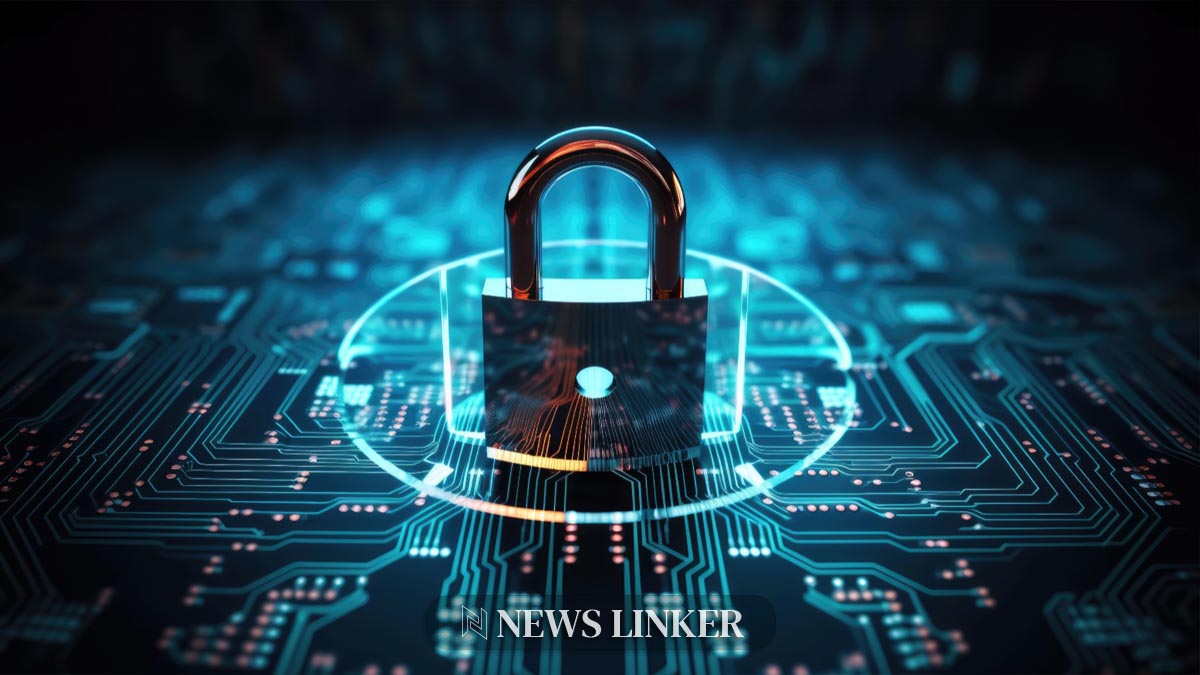In a recent unsettling development, ICICI Bank, a major player in the Indian banking sector, faced a significant setback as a glitch in its iMobile Pay app led to the inadvertent exposure of critical credit card information of numerous customers. This breach affected about 17,000 new credit cards that were mistakenly linked to incorrect user profiles, revealing sensitive data including credit card numbers, expiry dates, and CVVs—details critical for financial transactions. This incident not only compromises customer trust but also raises concerns over the security measures implemented by prominent financial institutions.
What Caused the Security Flaw?
The core of the problem originated from a malfunction within ICICI Bank’s mobile banking application, iMobile Pay. Users of the app unexpectedly found themselves accessing credit card information that did not belong to them. This security lapse enabled some users to view and potentially modify settings for these erroneously mapped cards, actions that could permit unauthorized transactions and setting changes.
How Did ICICI Bank Respond?
Upon becoming aware of the issue, ICICI Bank quickly intervened by blocking the affected credit cards and began the process of reissuing new cards to the impacted individuals. The bank’s spokesperson has conveyed regret over the inconvenience caused and reassured that measures are being taken to bolster the security framework to prevent such incidents in the future. Additionally, the bank has committed to compensating any customer who has suffered financial loss due to this breach.
What Does This Mean for Customer Security?
The incident inevitably triggers a broader discussion about the safeguards necessary to protect sensitive customer data in the digital age. Customer reactions on social media platforms and financial forums have been vociferously critical, with many questioning the adequacy of ICICI Bank’s data protection policies. This incident serves as a reminder to the banking industry of the constant vigilance needed to safeguard consumer information against the backdrop of increasing cyber threats.
Drawing from past events, data security in banking isn’t new terrain full of challenges and learning curves. Previously, similar incidents have underscored the importance of rigorous security protocols and real-time monitoring systems to preempt potential breaches. The banking sector continues to be a lucrative target for cybercriminals, making it imperative for banks to advance their defensive strategies continually.
Related insights from Forbes in the article “Banking Security Failures: A Look at the Consequences” and from Bloomberg in “How Safe Is Your Bank Data?” delve deeper into the issue, suggesting that the banking sector’s investment in cybersecurity needs to keep pace with the sophistication of attacks. Both articles highlight the crucial role of technological upgrades and employee training in mitigating risks.
Moreover, a recent scientific study published in the Journal of Cybersecurity titled “Modern Challenges in Banking Sector Cybersecurity” accentuates the escalating pattern of cyber threats faced by banks and the evolving nature of cyber-attacks. The study emphasizes the need for adopting advanced analytics and artificial intelligence to predict and prevent data breaches effectively.
Key Takeaways
- Immediate reissue of credit cards to affected customers.
- Enhancement of security protocols and real-time monitoring.
- Commitment to compensating customers for any financial loss.
This incident is a crucial learning point for ICICI Bank and the banking industry at large. It highlights the necessity for continuous improvement in the areas of data security and customer relationship management. Banks must not only focus on advancing their technological defenses but also on maintaining transparency with their customers, ensuring them that their financial and personal data are secure. This event will likely prompt a reevaluation of security strategies across the sector, aiming to fortify trust and ensure such lapses are curtailed in the future.










